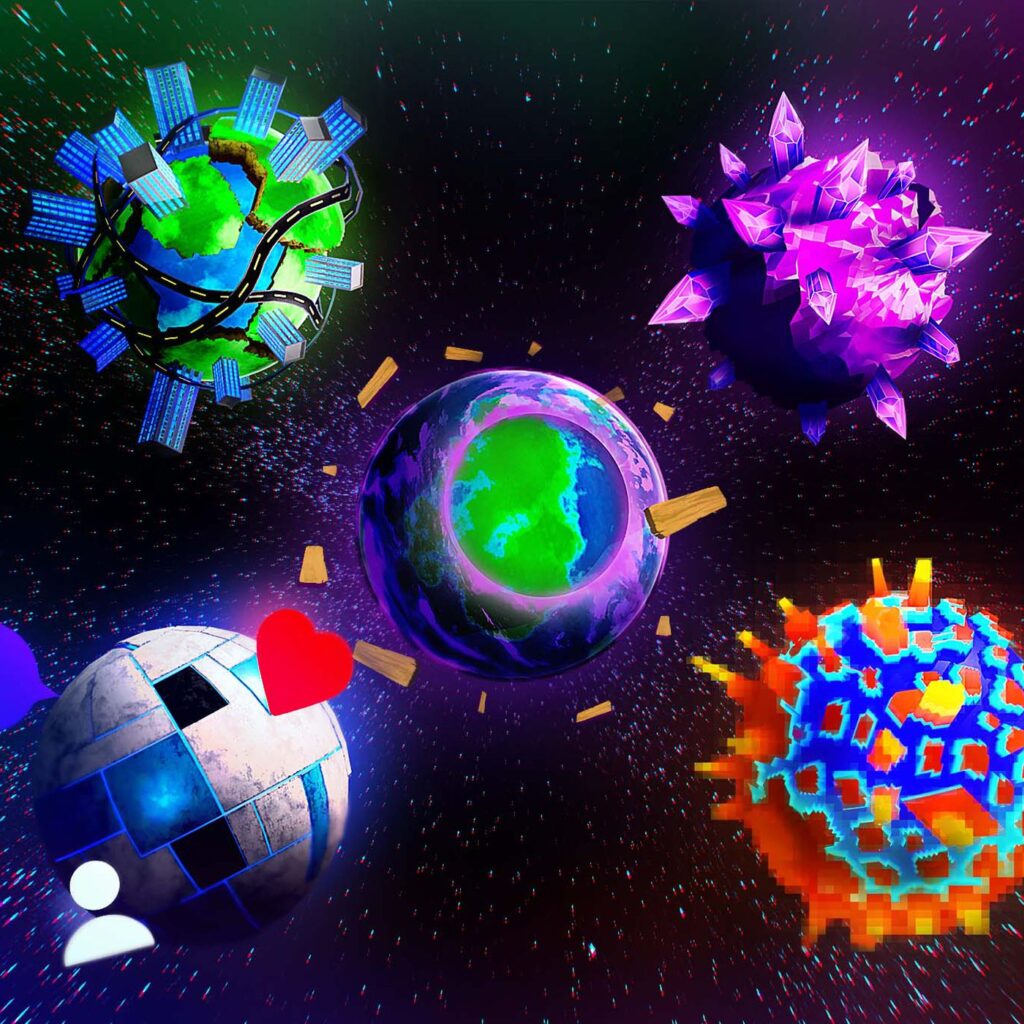
Recently there has been a debate in Sweden around how to teach around important but difficult matters in schools. The Swedish agency of education (Skolverket) issued a manual for teachers that suggested them to approach ‘controversial’ (The word the Agency choosed) topics as the Holocaust by letting students/pupils look around for contradicting facts. Instructions could then look like the following:
Group 1 must find at least three arguments that the Holocaust did not take place, with the help of facts and information from the internet. They can also ask others what they think and why “, they write.
Another group will be asked to look for printed materials that support the thesis that the Holocaust is a fictional phenomenon:
“Group 3 must reason up to at least three arguments that the Holocaust has not taken place. They may use course materials and books from the library “,
(The Swedish Agency for Education (Skolverket))
One can easily understand that this material arouse some criticism and debate. First, using the word ‘controversial‘ for the Holocaust. What does that really indicate and suggest? That it’s open for debate that it took place? Or acknowledging the facts that is part of what we call open resources? Second, when asking students to look for facts we realize is ‘out there’ that we then know is false, one wonders what message we send. The intention I assume being that students should get trained in critical thinking that will guide them right in the end. That would be a strategy putting a great trust in the logical reasoning of students or in our ability as teachers to succeed in giving them the right tools. Great if it works but certainly challenging. Should we include the fake news in the training trusting that we can guide ourselves away from them or actually guide the students to avoid the crap? After the criticism The Agency withdraw the material (read more here)
This exemplifies perhaps the challenges we will face when embracing open resources and open learning in our teaching. Immediately we turn to critical thinking and hope that it will solve the problem. By teaching students the skill of critical thinking we will assure that the right facts are selected and believed in. But aren’t we a bit naive in thinking that critical thinking cold do the trick? Or rather, how can we manage the task we give ourselves when opening up learning to resources available over the metaverse as we now shall call it according to Zuckerberg?

Critical thinking has since long been at the core of academic scientific training and process. Critically scrutinizing domains of knowledge that might lead to problematizing of the present order and then new questions asked and hypothesis tried. But what are we up to when we say that critical thinking will sort out reliable and trustworthy knowledge and facts in the metaverse? I think we need to carefully contemplate how we look upon critical thinking as the tool for leading us to the meaningful and constructive use of open resources.
At our department in Karlstad University we are right now discussing and planning seminars on how we should conduct training in critical thinking for our students, realizing that we are facing tremendous challenges in the era of fake news and trolling. I don’t know what made the Swedish Agency of education call the Holocaust a ‘controversial issue’ but it seems as if the strive to be non-authoritarian and participatory in their learning approaches they let too much of the responsibility to the students. I love the idea of logical thinking leading us to the right answers and reliable truths but are we all up to that? Happy Halloween everyone!
